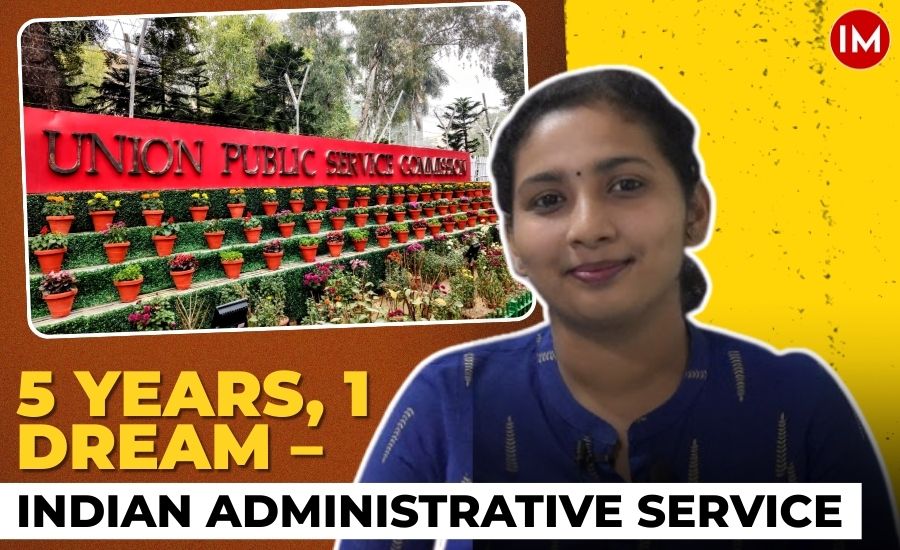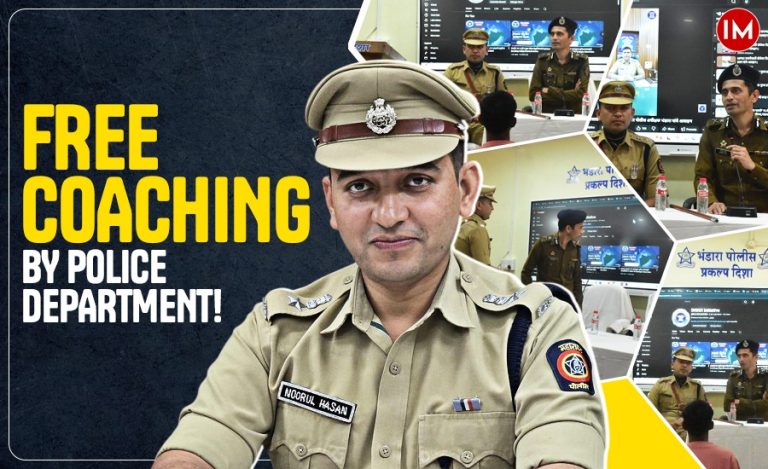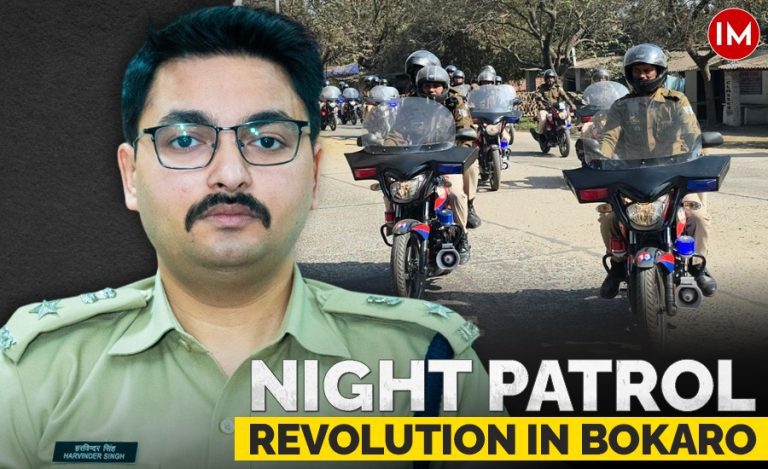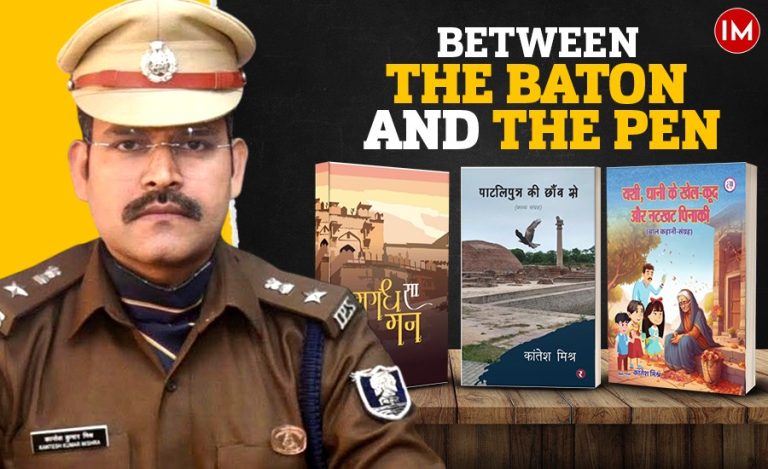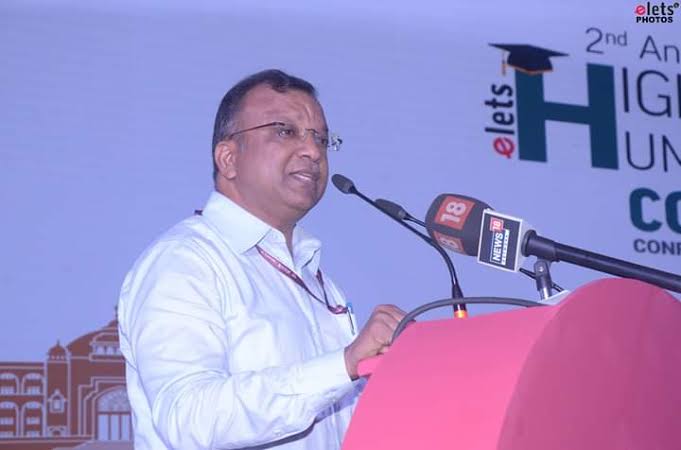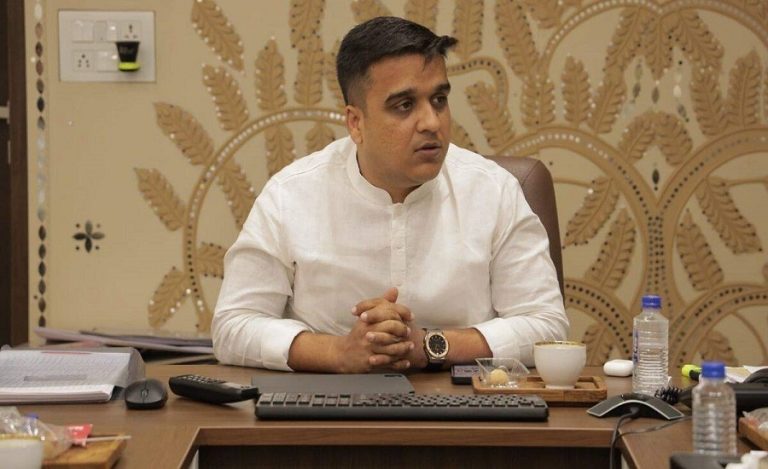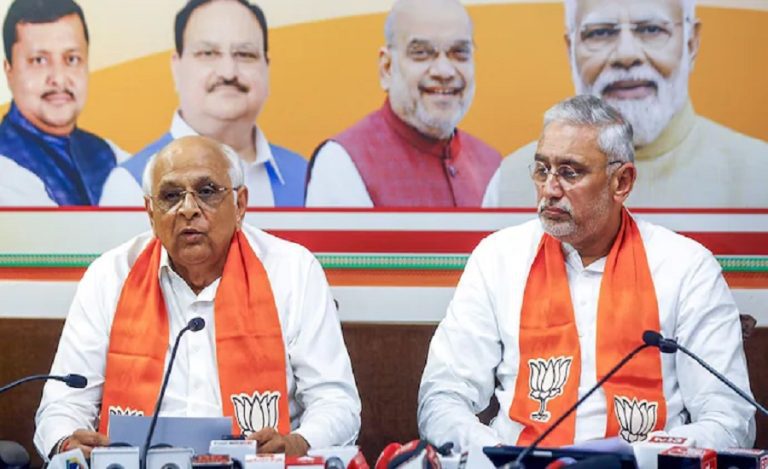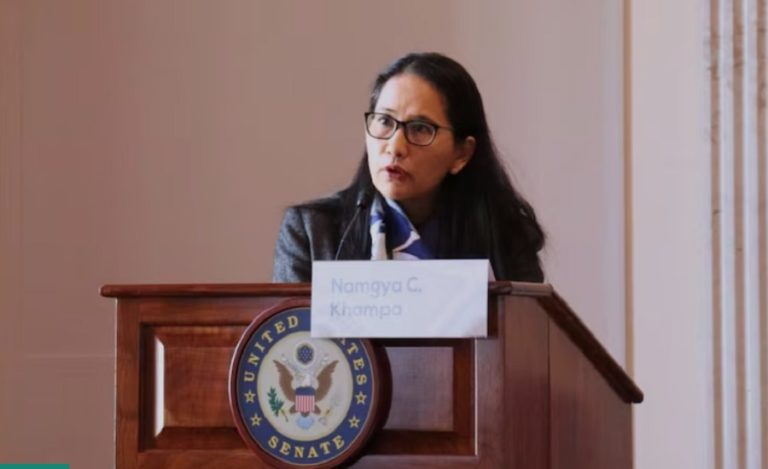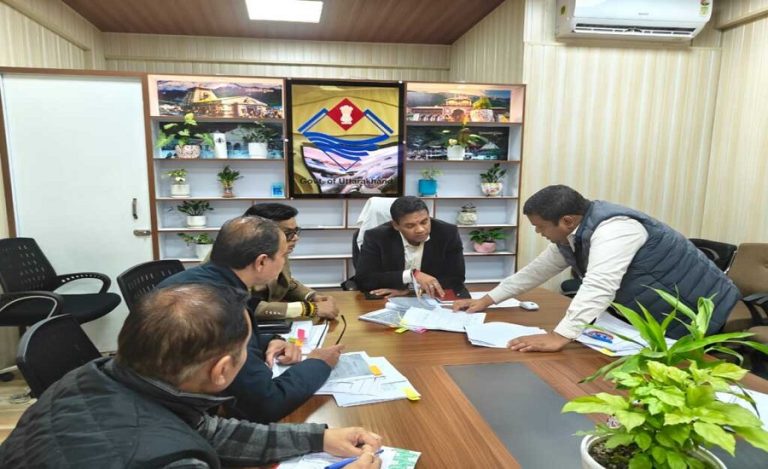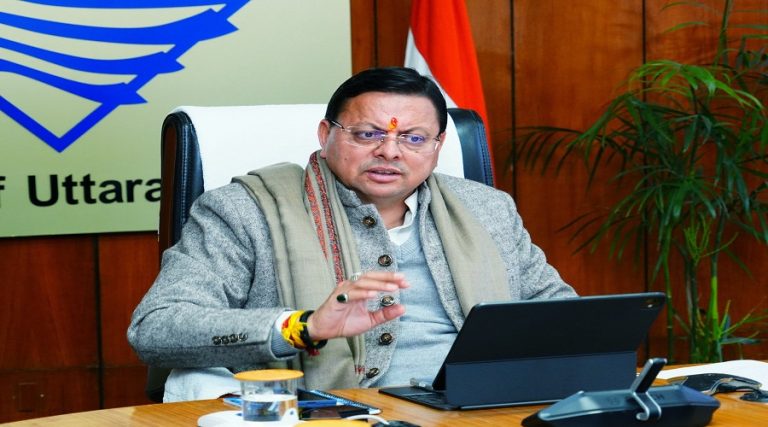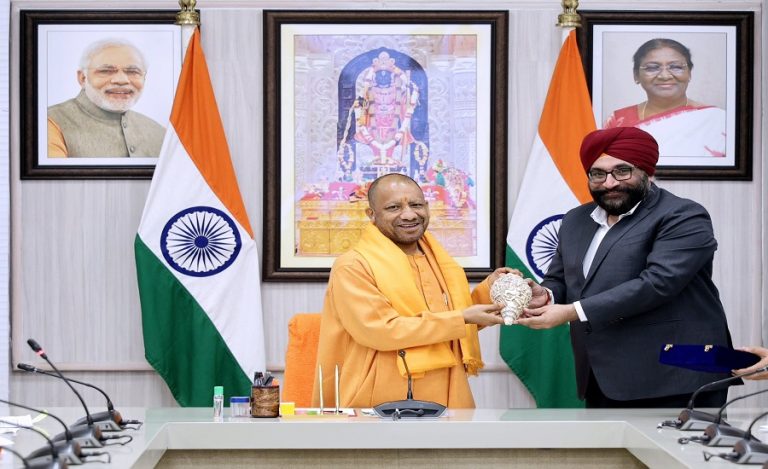Every year, lakhs of aspirants dream of becoming an IAS officer. While some achieve success early, others struggle through years of failures and self-doubt. The story of IAS Minnu P M, a 32-year-old from Kerala who secured AIR 150 in UPSC CSE 2020, is a reminder that persistence and self-belief can change lives.
Minnu’s journey was not smooth. It was a five-year-long battle of balancing work, motherhood, failures, and constant reinvention. Her words are filled with honesty, humour, and practical lessons for anyone preparing for the exam. She is currently posted as Chief Executive Officer, Zilla Parishad, Gondia (2021 batch Maharashtra cadre).
A LATE START, A STRONG FINISH
Minnu began her career as a clerk in the Kerala Police Department after completing her post-graduation in biochemistry. At 22, she just wanted a stable job. But at 26, she realised she wanted to contribute on a larger scale. That realisation pushed her towards UPSC.
Her preparation started from scratch. She recalls struggling to even read the newspaper. “Back then, reading The Hindu took me four hours with a dictionary in hand. The editorials were so complex I used to joke that even Queen Elizabeth wouldn’t understand them,” she laughed.
What made things tougher was balancing family life. Minnu is married and has a son, and her husband works as a scientist at ISRO. “I started preparing when my son was three. By the time I cleared, he was eight. I didn’t even realise how fast he grew up.”
She admits she wasn’t naturally disciplined. Calling herself a “sleepy head and lazy person who could binge-watch Netflix all day,” she said UPSC was an uphill task. Yet, she never gave up.
FIGHTING NEGATIVITY AND FINDING PURPOSE
The toughest challenge for Minnu wasn’t the syllabus—it was her own mindset. Her first five attempts failed because of low confidence and negativity. “Every day I studied, but when someone asked how my day went, I would say, ‘bad.’ I had stopped believing in myself.”
The COVID-19 pandemic became her turning point. Seeing the uncertainty of life, she realised she had to act now. She did a personal SWOT analysis (Strengths, Weaknesses, Opportunities, Threats). Her strength was retaining information easily. Her weakness was a short attention span—she couldn’t study a single subject for more than 30 minutes.
Instead of fighting it, she adapted. She made a study plan with short bursts of learning, changing subjects every half hour. She cut off toxic friends, reduced social media use, and focused only on essentials. “I stopped pleasing people and started pleasing my own goals.”
She compared motivation to “desire” from the TV series Lucifer: “Guilt comes when you want something but don’t work for it. Once you desire IAS with a full heart, decision and determination will follow.”
SMART STUDY OVER POPULAR BOOKS
Unlike most aspirants, Minnu did not follow all the so-called “standard” books. “Everyone said read Spectrum, read Laxmikant. My ego told me not to. Modern India is history—you can study it from anywhere. Don’t blindly follow others.”
Her main resources were:
- NCERTs (Classes 6–12) – for strong basics
- Coaching notes – for economics and environment
- The Hindu – for current affairs
She focused on creating content, not copying it. For mains, she stressed, “Write like an officer, not a student. If the question is about landslides, think like a district collector handling it—not like someone quoting books.”
Her optional subject was Geography (score: 293). She recommended drawing maps and diagrams wherever possible. “Even if you don’t know the exact answer, drawing India’s map shows awareness.”
For prelims, her strategy was simple:
- Read options first, then the question
- Take calculated risks
- Trust your gut
For mains answers:
- Introduction: 2–3 lines
- Body: Bullet points + maps/diagrams
- Conclusion: Futuristic solution
On ethics: “It’s not in textbooks—it’s in real life. Compassion is feeding a hungry person. Emotional intelligence is managing your family calmly.”
FACING THE INTERVIEW
Minnu appeared for two interviews. The first one was short and intimidating; she admits she performed badly. The second one was much smoother and focused on her background in police, science and Kerala issues.
Her tip: “Admit honestly when you don’t know something. They are testing your character, not your memorisation.”
LIFE LESSONS FOR ASPIRANTS
Minnu also urged aspirants to take care of themselves. “Drink water, eat well, sleep. Watch a good movie if you feel down. Don’t burn out.”
She dismissed age and social pressure. “Life expectancy is 78—marry at 40 if you want. Don’t settle for less. Keep aiming higher.”
Most importantly, she reminded aspirants that civil service is about giving back. “My life was supported by government scholarships and public facilities. Now, through IAS, I can return that debt to society.”
Minnu’s journey is proof that you don’t need to be perfect to clear UPSC. You just need persistence, self-awareness, and courage to reinvent yourself.
“We humans are capable of rockets and symphonies. You too can achieve IAS—work hard, and smart work will follow. Decide once, and don’t stop until you get it.”
For Minnu PM, AIR 150 wasn’t just a rank—it was her dream fulfilled, her purpose realised.

